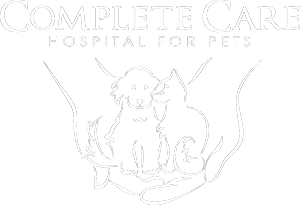Caring For A Mini Cow

Are you interested in miniature cattle? Mini cows usually are around 32 to 48 inches when full grown, which is much smaller than the average cow. These little guys are pretty new to the scene, but they are already becoming legen-dairy. Mini cows are not only super cute, they can produce milk. Plus, they don’t need as much space or food as regular cows, which makes them an attractive option for many small homesteads. A local Lake Echo, NS vet discusses caring for little Bessie below.
Picking Your Cow
One thing you’ll need to decide is whether to purchase bulls, cows, heifers, or steers. Bulls are intact males, while steers are, well, no longer intact. Cows are female cows that have given birth, and heifers are females that haven’t yet had any calves. As to which is best, it really depends on what you want. We do recommend getting at least two, though, as cows need buddies to ‘moo’ around with.
Breed
There are many different types of mini-cows, from tiny Texas Longhorns to the adorable Panda cow. Belted Galloways, also sometimes affectionately called Oreo cows, are also a good choice for small farms. Do some research before deciding.
Pasturage
Like their larger cousins, mini cows need turnout and grazing time. Sun and sweet grass make for happy, healthy cows! If you don’t know what kind of plants and grasses you have, you may need to seek out professional help, as some can be poisonous. Local farmers can be great resources for this. Good fencing is a must. We don’t recommend using barbed wire, though, as it can be dangerous.
Shelter
Bessie needs a clean, comfy shelter to protect her from the elements, such as a barn or lean-to. They also need shade or shelter in pasturage.
Food
Hay and grass should be Bessie’s main sources of food. You should also provide a salt block and a vitamin/mineral block, as well as fresh water. Ask your vet for specific recommendations.
Veterinary Care
Like any other animal, Bessie needs regular veterinary care. Cows require a 7-in-1 (sometimes an 8-in-1) shot annually. You’ll also need to regularly deworm your hooved pals, and protect them from things like fleas, ticks, and flies. Ask your vet for more information.
Do you have questions about cows, big or small? Contact us, your local Lake Echo, NS animal clinic, today!
